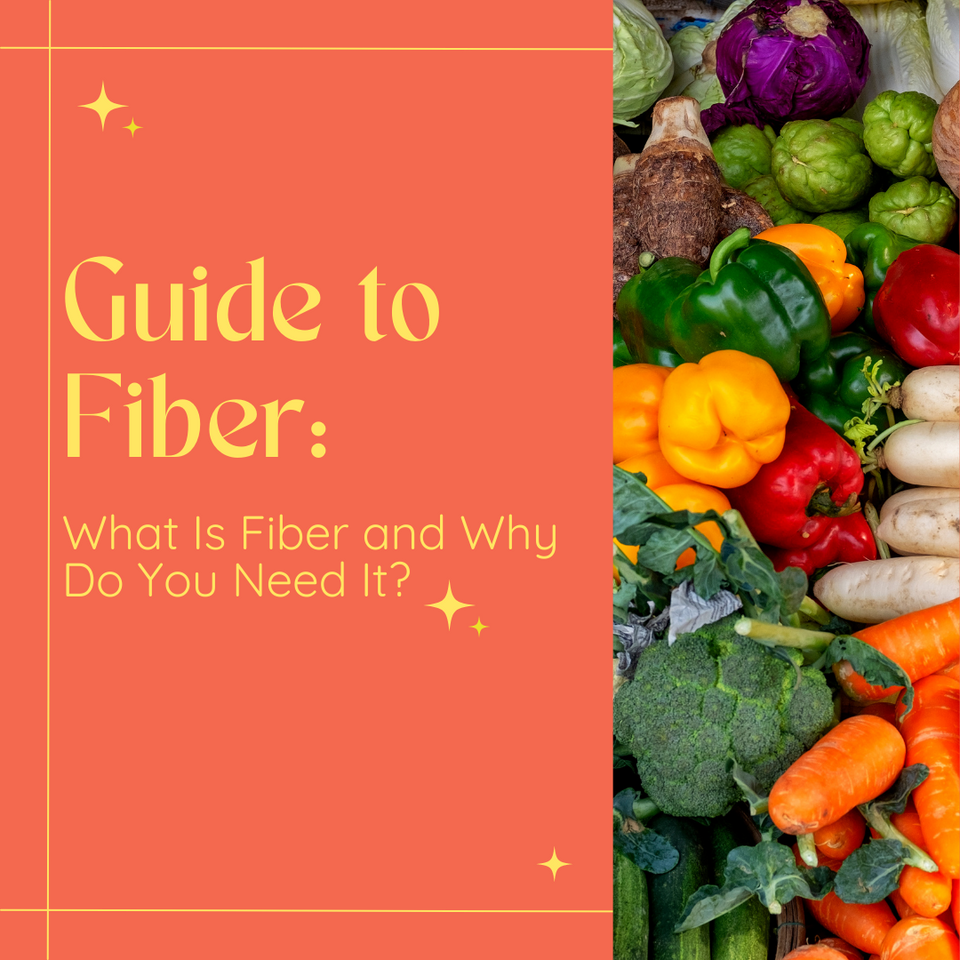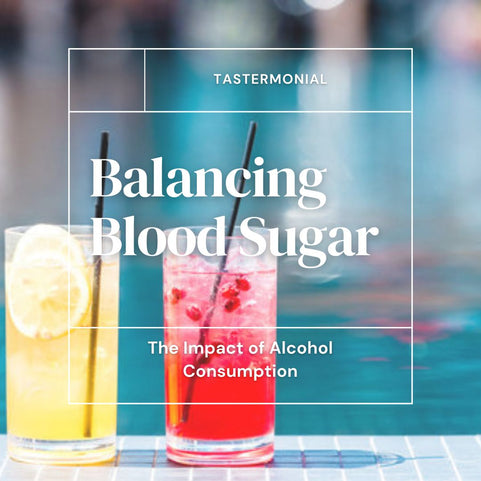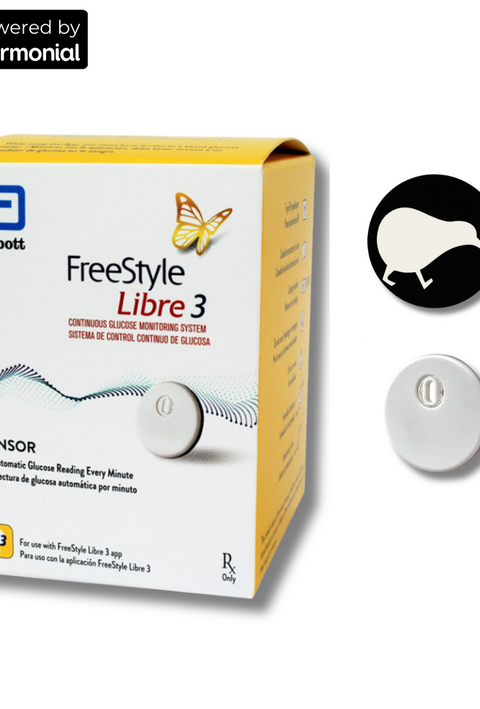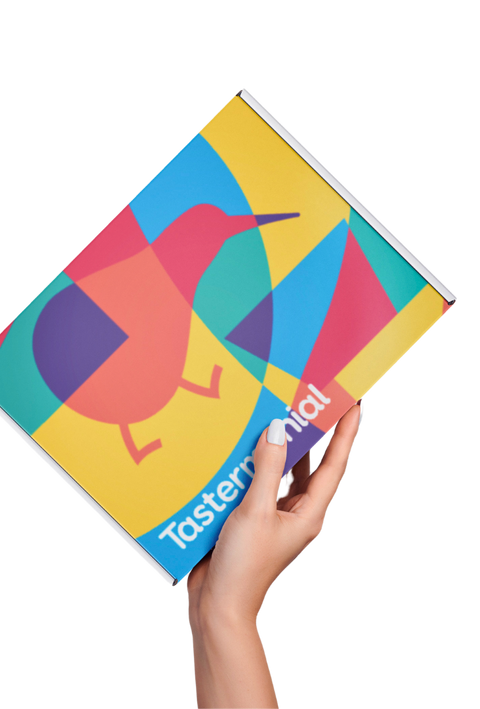Dietary fiber is a remarkable component of our diet that plays a crucial role in supporting various functions of the body. While it is classified as a type of carbohydrate, unlike other carbs, fiber is not digested by the body. Instead, it passes through the intestinal tract with minimal breakdown, offering numerous health benefits.
In this article, we will delve into the world of fiber, exploring its two main types—soluble and insoluble fiber—and examining their respective advantages. We will also discuss the recommended daily fiber intake and address how individuals with irritable bowel syndrome (IBS) can incorporate fiber into their diet.

What is Soluble Fiber?
Soluble fiber refers to a type of fiber that dissolves in water, forming a gel-like substance in the digestive tract. This gel-like consistency helps slow down digestion, promoting a gradual release of nutrients into the bloodstream. Soluble fiber can be found in various foods such as oats, fruits, vegetables, beans, and psyllium husk. The benefits of soluble fiber include improved cholesterol levels, stabilized blood sugar levels, enhanced gut health, and increased feelings of satiety.
What is Insoluble Fiber?
In contrast to soluble fiber, insoluble fiber does not dissolve in water and remains relatively intact during digestion. It adds bulk to the stool, facilitating regular bowel movements and preventing constipation. Insoluble fiber is commonly found in whole grains, nuts, seeds, and the skin of fruits and vegetables. Its main role is to promote digestive health, prevent constipation, and to help maintain a healthy weight.
How Much Fiber Should You Consume?
While the recommended daily intake of fiber may vary depending on factors such as age, sex, and overall health, generally, adults are advised to consume around 25 to 30 grams of fiber per day. However, it is essential to increase fiber intake gradually to allow the body to adjust and avoid potential digestive discomfort. Incorporating a variety of fiber-rich foods into your diet, such as whole grains, fruits, vegetables, legumes, and nuts, can help you meet your daily fiber requirements.

Fiber and Irritable Bowel Syndrome (IBS)
Individuals with irritable bowel syndrome often face challenges in managing their symptoms due to dietary triggers. However, with careful selection and portion control, fiber can be incorporated into an IBS-friendly diet. Soluble fiber, in particular, is generally well-tolerated by individuals with IBS and can even provide relief from symptoms such as diarrhea. Foods like bananas, oats, carrots, and potatoes contain soluble fiber and can be suitable choices for those with IBS. On the other hand, insoluble fiber may exacerbate symptoms in some individuals, so it is important to monitor personal tolerance levels and adjust the intake accordingly.
Alternatives for IBS:
If incorporating fiber-rich foods directly into your diet poses challenges for IBS management, alternative options are available. Consider incorporating supplements such as psyllium husk, which provides a concentrated source of soluble fiber. These supplements can be mixed with water or other liquids and consumed daily to help meet fiber requirements without triggering symptoms. Opt for whole food sources first if possible. As always, it is advisable to consult with a healthcare professional or a registered dietitian who specializes in digestive health to determine the most appropriate fiber intake strategy for your specific needs.

Dietary fiber is a crucial component of a healthy diet, offering numerous benefits such as improved digestion, weight management, and blood sugar regulation. By understanding the differences between soluble and insoluble fiber and their respective advantages, individuals can make informed choices about incorporating fiber-rich foods into their daily meals. For those with IBS, carefully selecting fiber sources and considering alternative options can help to consume adequate fiber without causing digestive upset.













